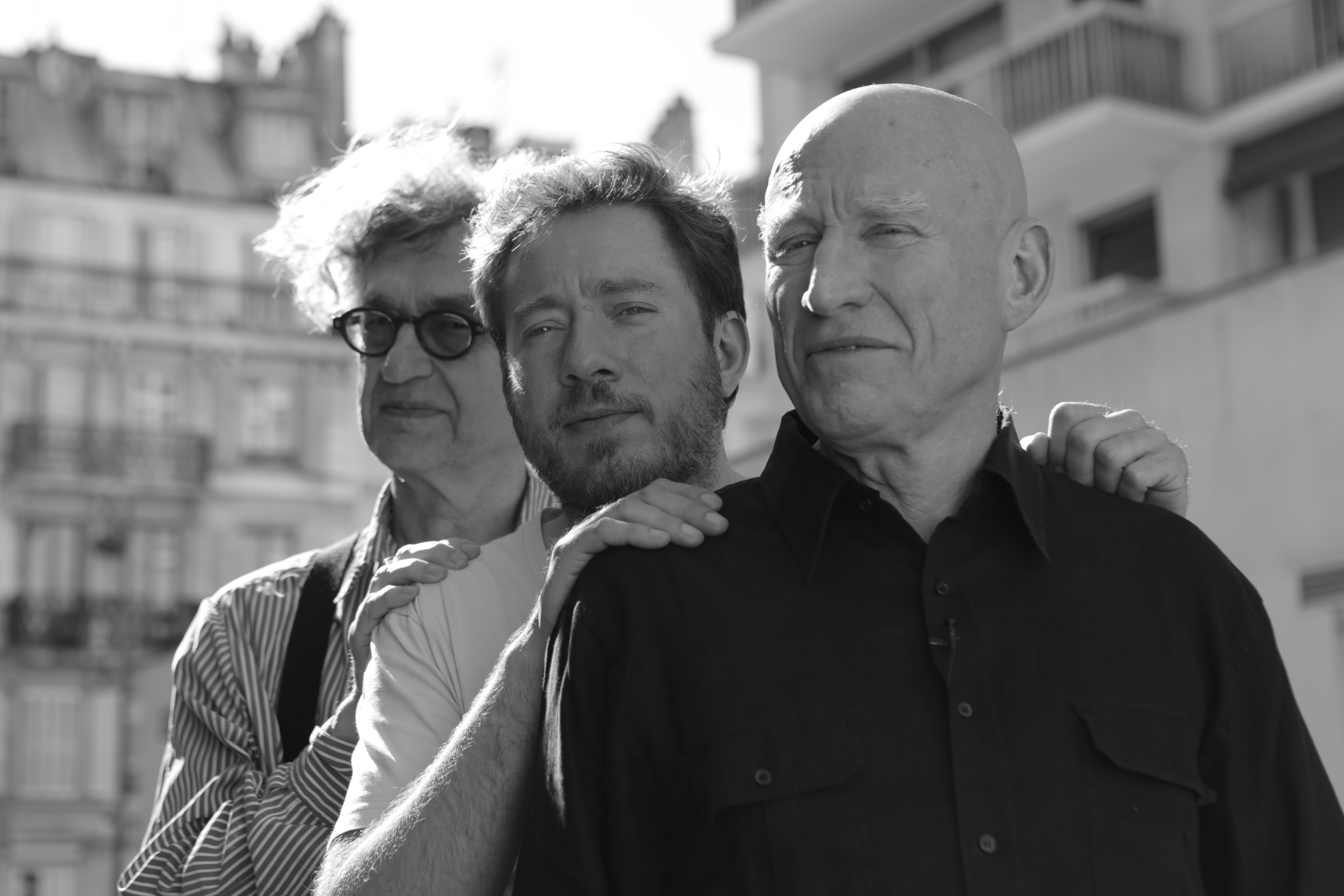Much as you and I will want to admire the great Brazilian humanist photographer Sebastiao Salgado, such creatures have a way of remaining elusive, using their lens as a shield. Compounding matters more, this is an unwieldy documentary portrait with two authors: Wim Wenders (Wings of Desire, etc.), a professed fan who provides voiceover praise; and Juliano Salgado, the artist’s elder son, who’s part of the family enterprise. As he’s done since transitioning from Paris-based economist to globetrotting photographer in the early ’70s, Salgado Sr. is calling the shots here. Stacked with stunning images (almost like a pedestal), this overlong doc can feel like a promo reel for his ongoing Genesis photo series. No outside voices or critics dare interrupt the master or his tribute.
While alternating between its two sources (Wenders’ mostly being black-and-white, like Salgado’s images), Salt of the Earth lays out a life in chronological fashion: early days on the family farm, education in the city, marriage, and further study in Europe. Acclaim came in the ’70s and ’80s, as Salgado began haunting war zones, sites of famine and displacement, and scenes of brutal, back-breaking labor in the Third World. I have to say now that such stoic scenes of human misery and endurance have become commonplace, but that’s the legacy of Salgado’s success. He’s perhaps the most recognizable name-brand photographer in the world today, though lately transitioned from human suffering to environmental splendor. (Has he gone soft? He’s earned that privilege.)
Salgado Jr.’s footage doesn’t provide anything we haven’t seen in National Geographic specials. Family matriarch Lelia serves as her husband’s editor and book packager, but learning of the family’s reforestation efforts back in Brazil—her pet project—is routine green. Salt of the Earth is a self-serving and very family-sanctioned project, though not quite a chore to watch. (Be prepared, however, for many emaciated corpses and miserable refugee camps, which lead Salgado into a predictable pattern of aesthetic response.) Salgado himself speaks in contented aphorisms—sometimes sounding like Bono, so secure in his compassion for the world’s poor and downtrodden, all of whom remain voiceless within his expensive, expressive frames.
bmiller@seattleweekly.com
THE SALT OF THE EARTH Opens Fri., April 17 at Cinerama, Seven Gables, & Lincoln Square. Rated PG-13. 109 minutes.








